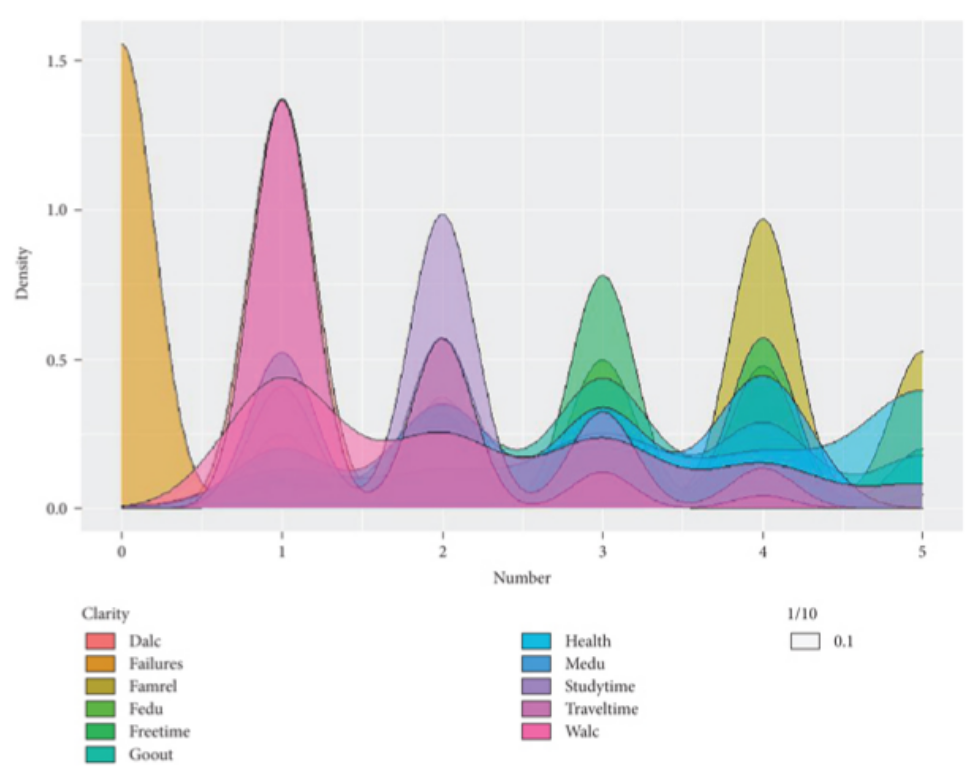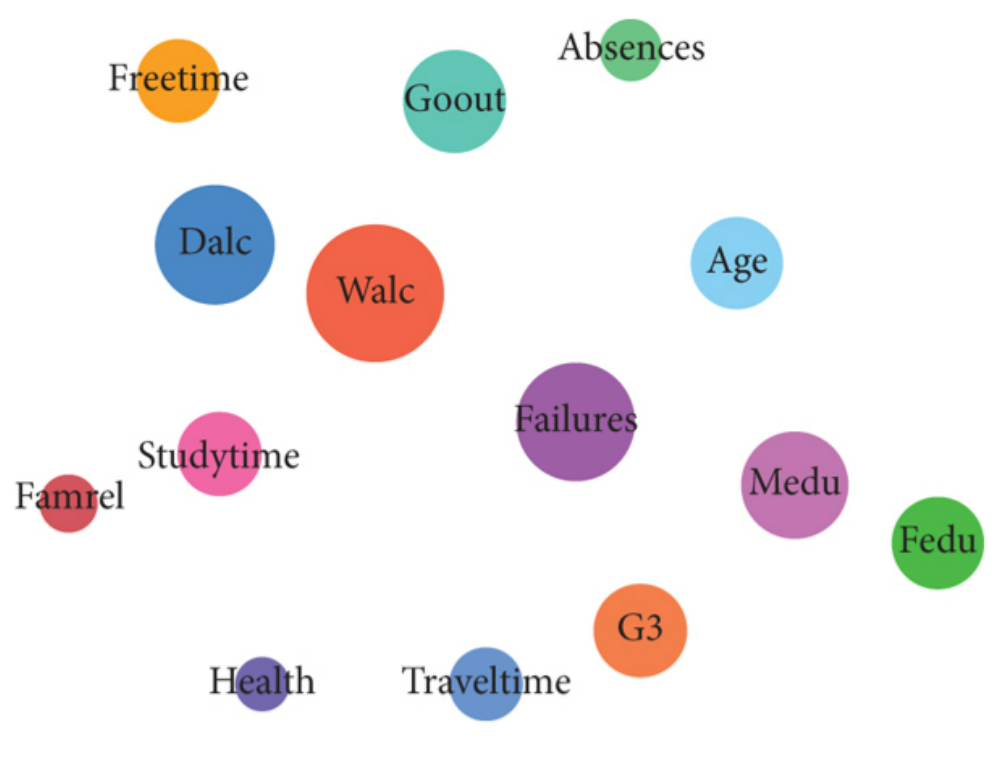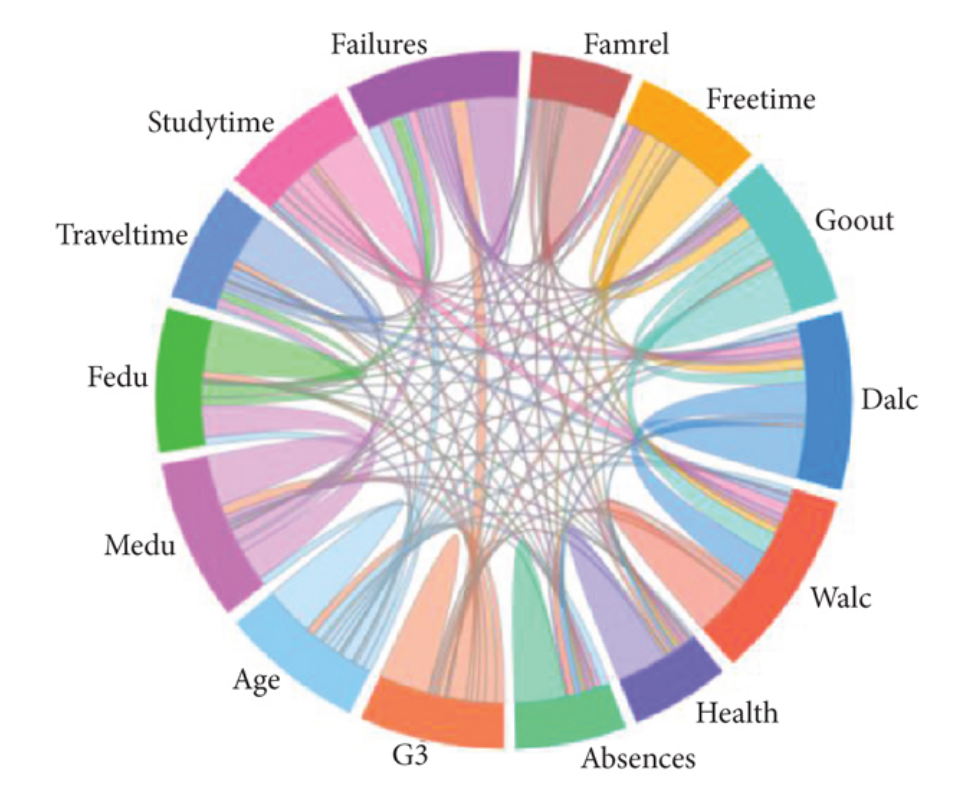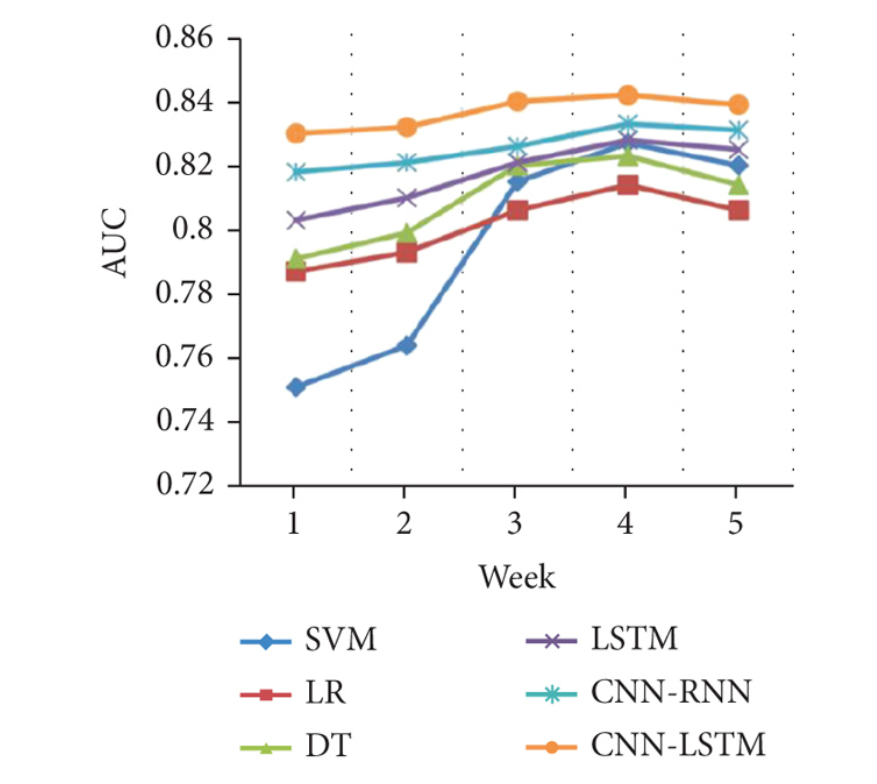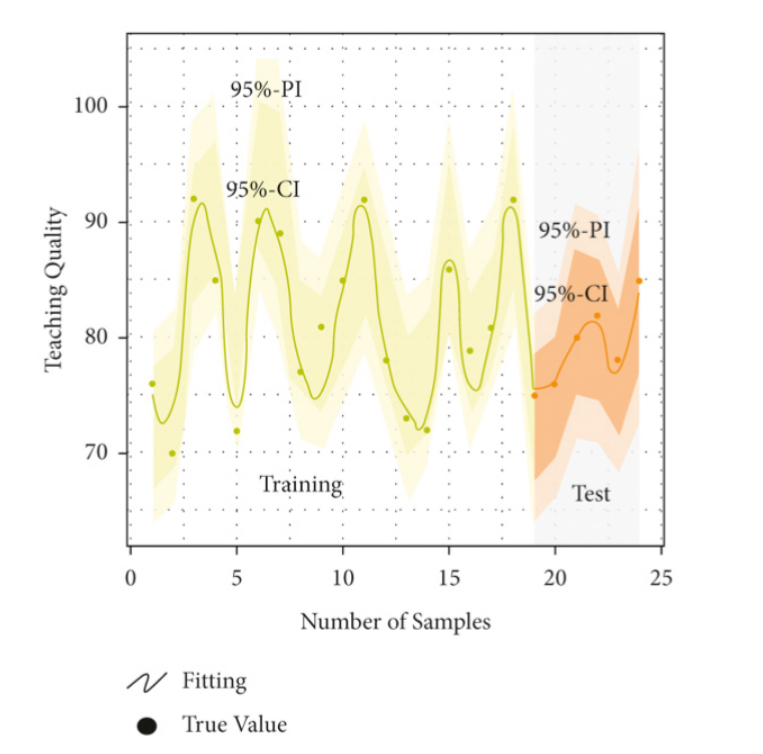 An open access journal
An open access journal
Cultural Competence in Education: Fostering Inclusivity and Diversity
Abstract
Cultural competence in education has become increasingly vital in fostering inclusivity and diversity within learning environments. This paper explores the significance of cultural competence, emphasizing its role in promoting equitable access to education, respecting diverse backgrounds, and preparing students for a globalized world. It delves into various aspects of cultural competence, including cultural awareness, knowledge, and skills, as well as the creation of culturally responsive curricula and classrooms. The discussion includes the benefits of cultural competence in education, such as improved student engagement, enhanced learning outcomes, and reduced disparities in academic achievement. Moreover, the paper addresses the challenges and considerations in implementing cultural competence in educational institutions, including faculty development, assessment practices, and the need for inclusive policies. Through a review of empirical studies and case examples, the study highlights the positive outcomes associated with effective cultural competence initiatives, including increased cross-cultural understanding, reduced stereotypes, and greater social cohesion. The conclusion offers recommendations for educators and institutions interested in fostering cultural competence, emphasizing the importance of a holistic approach, ongoing professional development, and the celebration of diversity to ensure the success of cultural competence efforts.
Share and Cite
Article Metrics
References
- Banks, J. A. (2015). Cultural diversity and education: Foundations, curriculum, and teaching. Routledge.
- Gay, G. (2010). Culturally responsive teaching: Theory, research, and practice. Teachers College Press.
- Ladson-Billings, G. (1995). Toward a theory of culturally relevant pedagogy. American Educational Research Journal, 32(3), 465-491.
- Lee, S. J. (2005). Culturally responsive classrooms for culturally diverse students. The Clearing House: A Journal of Educational Strategies, Issues and Ideas, 78(1), 25-30.
- Nieto, S., & Bode, P. (2018). Affirming diversity: The sociopolitical context of multicultural education. Pearson.
- Sleeter, C. E., & Grant, C. A. (2007). Making choices for multicultural education: Five approaches to race, class, and gender. Wiley.
- Tervalon, M., & Murray-García, J. (1998). Cultural humility versus cultural competence: A critical distinction in defining physician training outcomes in multicultural education. Journal of Health Care for the Poor and Underserved, 9(2), 117-125.
- Villegas, A. M., & Lucas, T. (2002). Preparing culturally responsive teachers: Rethinking the curriculum. Journal of Teacher Education, 53(1), 20-32.
- Zirkel, S. (2002). Culturally responsive schooling for Latino/a students: Beyond mestizaje. Educational Policy, 16(4), 615-642.

